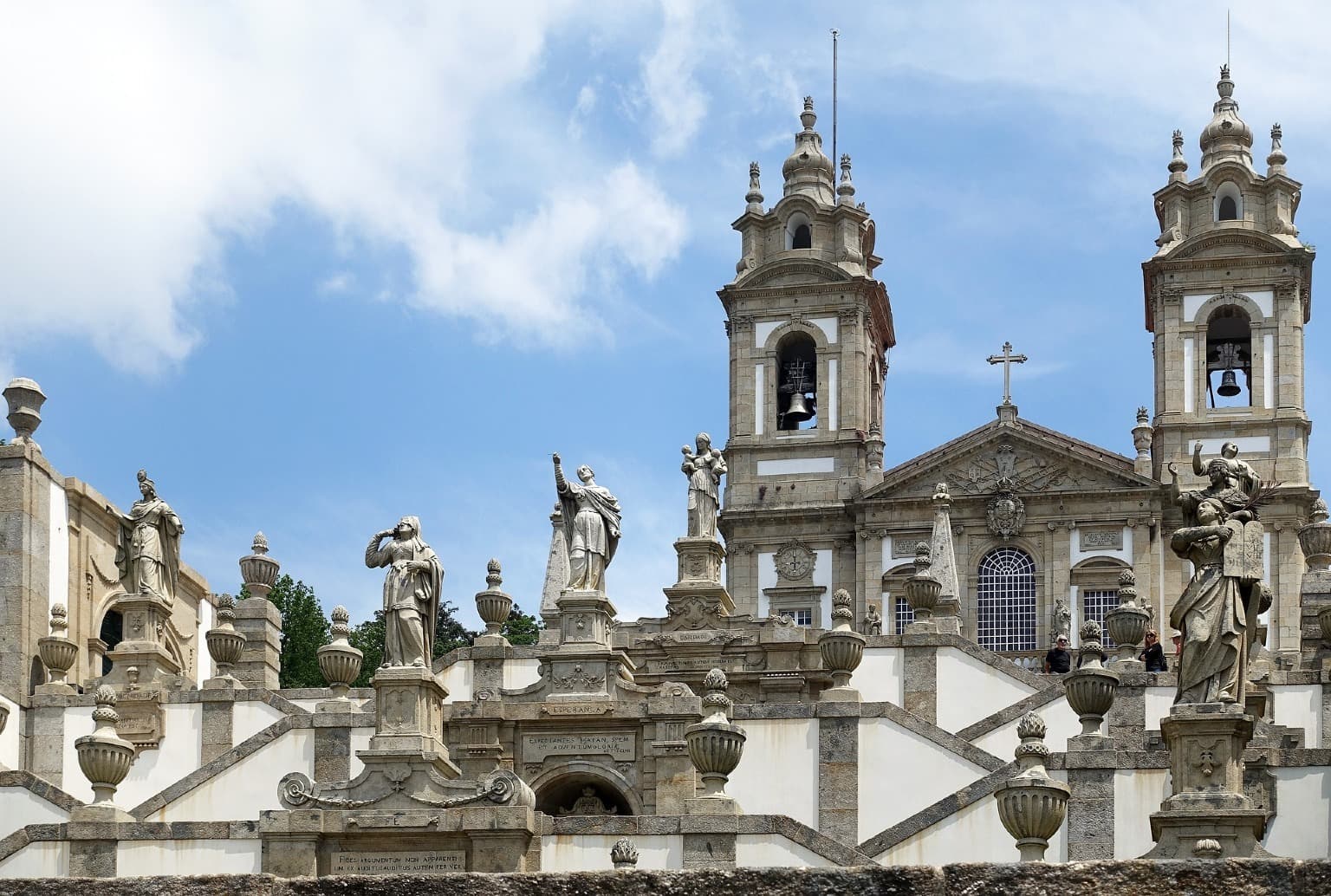From Porto to Braga: Portuguese Easter Traditions
March 23, 2024
Portugal is a country filled with traditions, some of which remain virtually unchanged throughout the years. Thanks to its strong Catholic roots, it’s not surprising that many religious celebrations take place every year from the north to the south of Portugal. Among these celebrations is Easter, a time when devout Catholics all over the world celebrate the death and resurrection of Jesus Christ. Since the beginning of Christianity, Easter has acquired a new meaning, representing the passage from death to life through Jesus and the passage to a new life for Christians, freed from sin thanks to Jesus’ sacrifice. For this reason, the Christian Easter is called the Easter of resurrection, while the Jewish Easter is the Easter of liberation. Whether in urban or rural areas, this period is highlighted by public and private celebrations that simultaneously commemorate the arrival of spring. Between the official religious celebrations and theatrical performances, there are also various traditions and customs, as well as gastronomic delicacies enjoyed at home and family gatherings.

Details of Bom Jesus do Monte’s staircase, each statue depicting a chapter of biblical history
One of the most significant traditions associated with this time of year is Lent, a 40-day period that begins on Ash Wednesday and ends on Holy Saturday. It is a period of reflection, meditation, and spirituality, which ends with Holy Week. There are also several other traditions associated with Easter, such as Palm Sunday, when we reflect on the last moments of Jesus Christ’s life, Holy Thursday, when we commemorate the Lord’s Supper in the Upper Room, and Good Friday, when we reflect on Jesus’ death and the price of salvation, with the Easter period ending on Resurrection Sunday or Easter Sunday. There’s also an event that many people look forward to throughout the year, which is the opening of the door of the compasses. This practice consists of visiting friends’ and neighbors’ houses with a cross and a picture of the risen Christ, followed by a group of acolytes who recite parts of the Bible. When they arrive at a house, the members of the compasses say a short prayer and, in return, are invited to taste some of the food or wine.
It’s impossible to mention Easter without mentioning its typical gastronomy. Let’s then start with Easter sweets. This is the time of year when sweets are a typical feature on every family’s table, from chocolate eggs (a special feature associated with Easter is Easter eggs, which represent rebirth, resurrection, and life), to Easter cake, often decorated with Easter motifs such as crosses, lambs, or colored eggs, to Easter folar, filled with hard-boiled eggs. All these sweets vary greatly depending on the area or region you are in. As far as savory dishes or main courses go, you’ll often find roast lamb, codfish (the famous Bacalhau à Brás or Bacalhau com Broa), duck rice (Arroz de Pato), and the Easter meat folar stuffed with pork, ham, and chorizo sausage.
One of the best places to immerse yourself in and experience Holy Week is Braga. Here, the Easter tradition is very old, and during this time, you can look forward to wonderful processions and celebrations. Religion is intrinsically linked to the history of this city, which is fertile in churches and other monuments linked to worship, such as the Sanctuary of Bom Jesus do Monte, known for its basilica and famous staircases where the stations of the Way of the Cross are located, the Sanctuary of Nossa Senhora do Sameiro, the second largest Marian Sanctuary in Portugal, the Cathedral of Braga (Sé de Braga), the oldest in Portugal, and all the countless churches that celebrate this moment with great enthusiasm.
Written by the Cooltour Oporto team